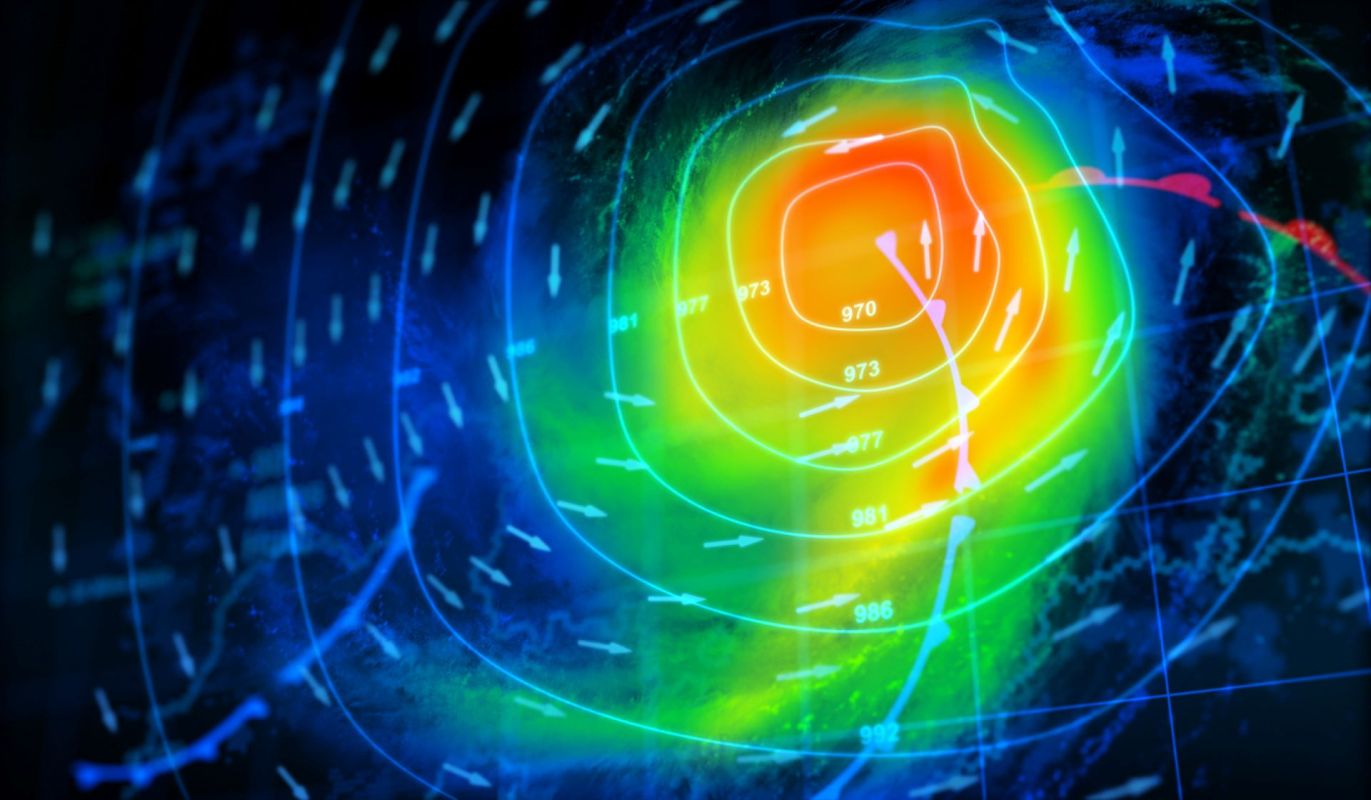Artificial intelligence (AI) is becoming a key tool for predicting weather and climate events such as El Niño — and the technology could help save money and lives, so long as predictions are tempered with healthy skepticism.
Applications of AI toward studying climate phenomena — such as a recent paper that explores El Niño's impacts on rivers — show the promise of the approach. AI forecasts could be especially timely in this El Niño year, so policymakers and people worldwide can prepare for possible extreme effects.
"Some of the strongest benefits of AI are in the areas of climate and weather," Auroop Ganguly, climate director at Northeastern University's Institute for Experiential AI and a co-author of the recent paper, told Semafor. "[W]hat we can do now with AI is to extract predictive insights at timescales that are useful for stakeholders."
Crunching through datasets quickly is AI's jam. It's basically why large language models like ChatGPT produce responses in real time based on tons of training and inputs. AI finds patterns in vast swirls of information that challenge even highly trained human minds.
So it makes sense that scientists are already using AI to understand the infamously complex El Niño. And there are "treasure troves" of climate data for AI's use, Phys.org reports. In 2019, researchers from South Korea and China published research in Nature about using AI to predict El Niño 18 months in advance, outpacing previous models' one-year lead time.
El Niño is part of a natural cycle amplified by global warming. Although it happens every two to seven years on average, the schedule is irregular, per the National Oceanic and Atmospheric Administration. Also, regional effects vary, bringing simultaneous floods and droughts in different places. So anticipating extreme weather is a huge help to humans in addressing diseases, water shortages, and more.
The use of AI for weather and climate predictions is relatively new and still faces challenges. AI finds false patterns in other contexts and depends on inputs for reliability. Some experts warn that climate change makes historical records less relevant for predictions.
Yet AI's potential — not just for predicting El Niño but for other weather, climate models, and solutions — is undeniable. AI processing can improve past models that needed simpler inputs.
Speaking about AI's uses with El Niño, Ganguly told Phys.org, "The power of these approaches is in the ability to extract [information] from the vast ocean — pun intended! — of data, rather than through oversimplified indices."
Join our free newsletter for cool news and cool tips that make it easy to help yourself while helping the planet.









